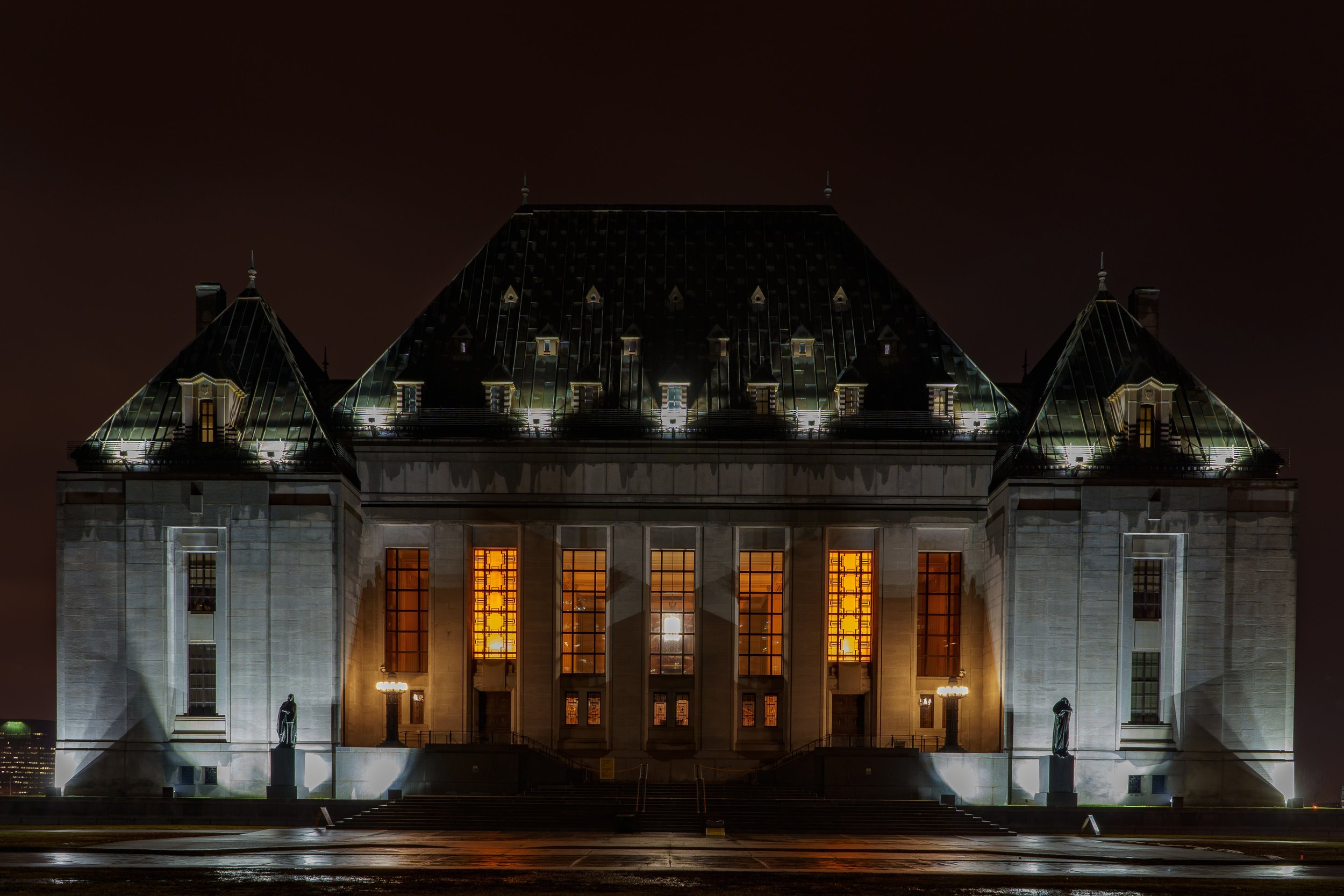
APPEAL LAWYER
APPEALS ARE VERY TECHNICAL IN NATURE AS THEY ARE NORMALLY BASED ON AN ERROR OF LAW. THEY REQUIRE AN EXPERIENCED LAWYER.
The process for carrying out an appeal is complex. One must begin by recognizing what kind of appeal is appropriate. For example, if the trial judge misapplied the law or misapprehended the evidence at trial then a conviction appeal would be most appropriate. However, if the trial judge misapplied the law or applied the wrong sentencing principles during sentencing then a sentence appeal is most appropriate. It is also possible to appeal both your conviction and your sentence.
A conviction appeal is just that: an individual is appealing his or her conviction for an offence. A sentence appeal, is where an individual is not disputing his or her conviction or finding of guilt for an offence but instead are disputing whether or not the sentence they received is appropriate/fit for the offence that they have been convicted of or pled guilty to.
The next step is considering what court the appeal must be made to. As a rule, the appeal must be made to a higher court than where the original proceeding took place. For example, summary conviction matters are usually heard in the Provincial Court of British Columbia and therefore the appeal must be made to the Supreme Court of British Columbia. Indictable matters heard in the Provincial Court of British Columbia must be appealed to the British Columbia Court of Appeal. If the original matter is heard at the Supreme Court of British Columbia then the appeal will be heard in the British Columbia Court of Appeal. If there is a dissenting judgment at the British Columbia Court of Appeal then an individual can appeal to the Supreme Court of Canada, as of right. If there is no dissenting judgment at the British Columbia Court of Appeal an application seeking leave to the Supreme Court of Canada could be made. The Supreme Court of Canada will then decide whether or not leave will be granted and whether the appeal will be heard by the Court.
Whether it is a sentence appeal or a conviction appeal, you will need an experienced appeal lawyer to review the file materials and the transcripts to determine if you have an appealable issue or issues. Once you have narrowed down the legal issues a Notice of Appeal must be filed. The Notice of Appeal must be filed no later than 30 days after the conclusion of a matter (usually after sentencing). It is important to note that once an appeal has been commenced an Application for Bail Pending Appeal could be made so that you can be released on bail while the appeal is being heard.
After a Notice of Appeal has been filed, the transcripts from the trial and or sentencing proceedings must be ordered and filed at the court registry. Once the transcripts have been filed, there will be a timeline to for the Appellant and Respondent to file their respective factums (legal arguments). A date will be set for the appeal and the appeal will then be heard either before a Justice of the Supreme Court of British Columbia or three justices of the British Columbia Court of Appeal.
If you are considering an appeal, don’t hesitate to reach out to us for a free 30 minute in-office consultation where we can discuss your options with you. Call Jas Mangat at 1-604-896-0422 for your consultation.
